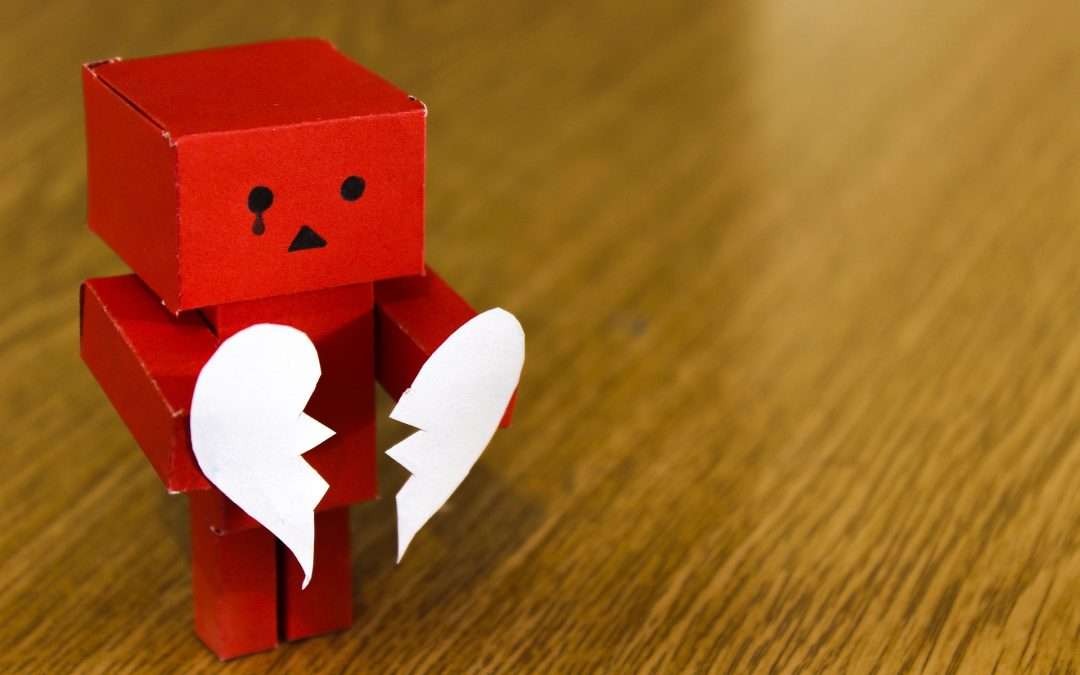Grief is a universal human experience that we all face at some point in our lives. It is a natural response to the loss of something or someone we have an emotional attachment to. While grief is often associated with the death of a loved one, it can also arise from a variety of other losses, such as the end of a relationship, loss of a job, a significant change in one’s health, or the loss of a beloved pet.
There are several different types of grief that people may experience, and understanding these types can help individuals navigate their feelings and seek appropriate support.
Anticipatory Grief:
This type of grief occurs when a person knows in advance that a loss is coming, such as when a loved one is terminally ill. Anticipatory grief allows individuals to begin the grieving process before the actual loss occurs.
Complicated Grief:
This is when an individual has difficulty accepting the loss, and the grief process becomes prolonged and complicated. Complicated grief may involve feelings of intense sadness, guilt, anger, or a sense of disbelief that the loss has occurred.
Disenfranchised Grief:
This type of grief is not openly acknowledged or socially recognized. It can occur when a person experiences a loss that is not widely acknowledged or accepted, such as the loss of a pet or a miscarriage.
Collective Grief:
This type of grief is experienced by a community or group of people following a shared loss, such as a natural disaster or a mass shooting
Chronic Grief:
Chronic grief is characterized by a prolonged and intense grieving process that does not seem to diminish over time. This type of grief can be particularly challenging to manage and may require professional support.
Secondary Grief:
This is the grief experienced as a result of someone else’s loss. For example, a child who has lost a parent may also experience secondary grief as they witness the grief of their surviving parent.
Absent Grief: This happens when you are in total denial about your loss and unable to acknowledge it. This might seem a solution to some, but unfortunately it is an avoidance tactic that will crash around you at some point.
Cumulative Grief:
This is the result of multiple losses over a short period of time causing a build up of grief. A job loss, followed by a parental loss and then a pet within a short period of time
Grief is a complex and multifaceted experience that can manifest in various ways, and you can often experience a few of these at the same time. Grief as with most emotions isn’t simple or linear. Understanding the different types of grief though can help you identify your feelings and help you seek appropriate support to navigate through the process. It is essential to remember that there is no right or wrong way to grieve and that everyone’s experience of grief is unique.
If you are struggling with grief right now, reach out for help. You don’t need to do this by yourself.
If you’d like to know more about the work I do around grief and how I can help, drop me a comment or an email and I’ll get back to you

